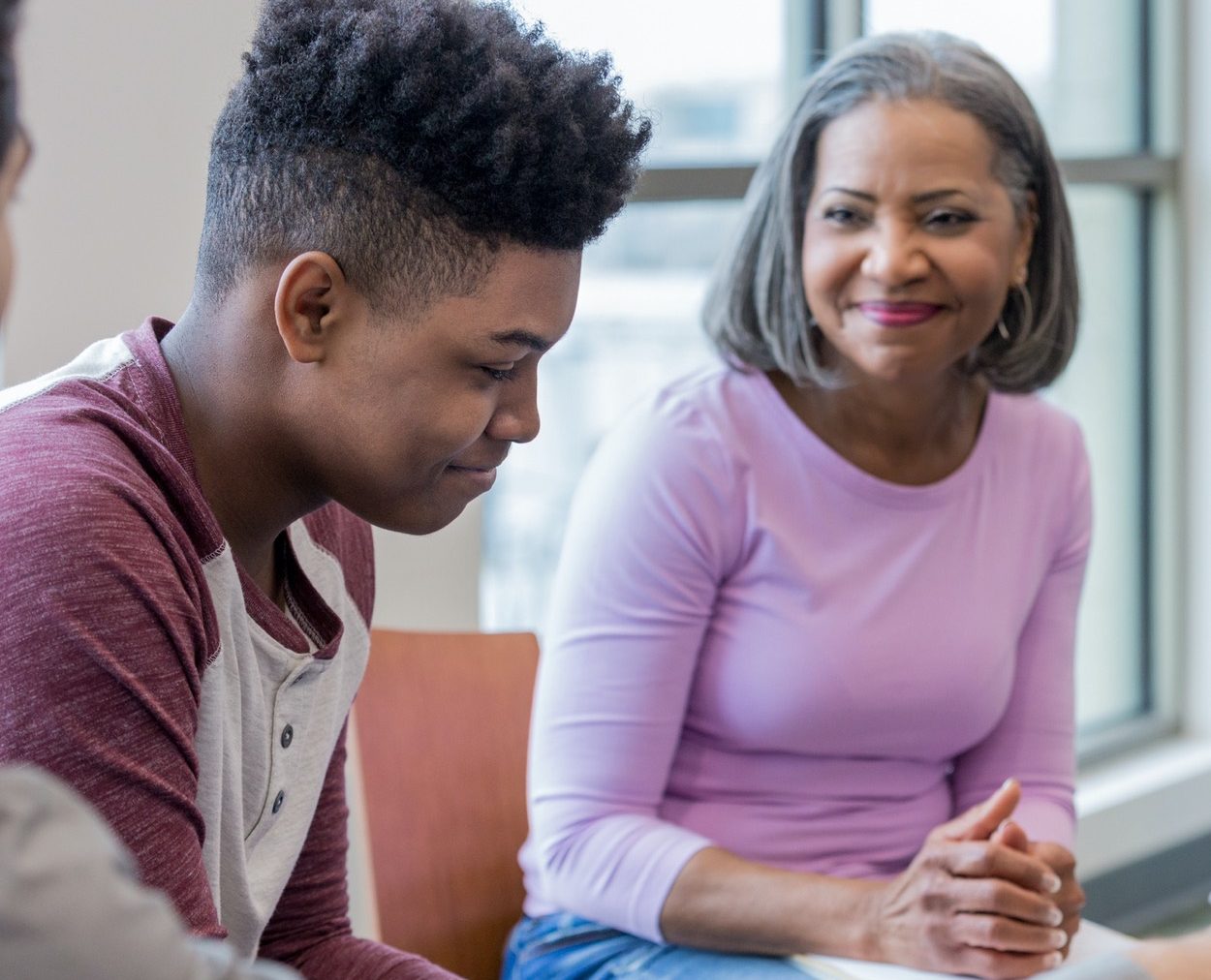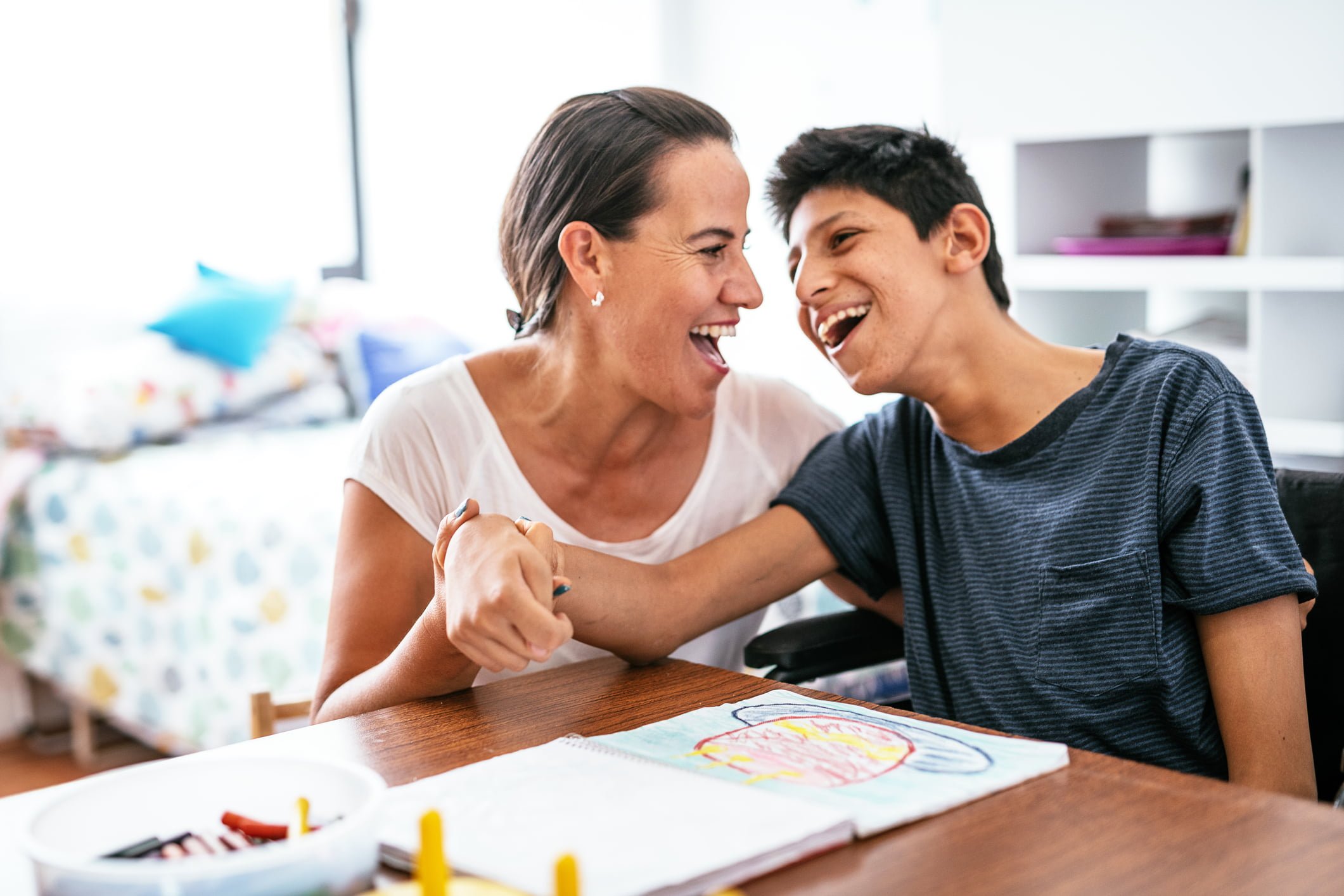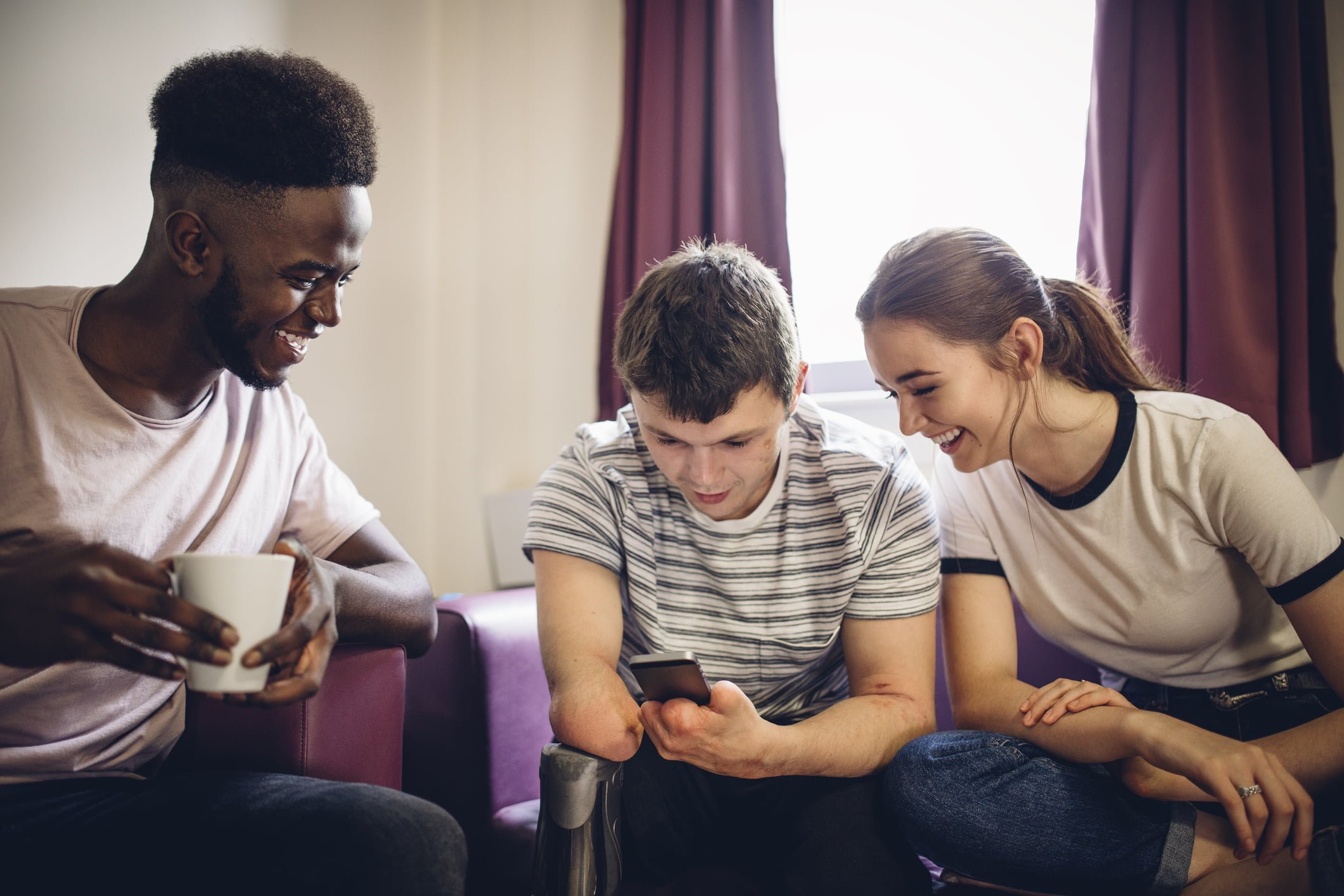Why is this research important?
The purpose of the qualitative pilot study was to develop an understanding of the experiences of sexuality education from the perspective of adolescents with intellectual disabilities (ID). The intent of the research is to inform future sexuality education activities and assist educational staff working in special education schools.
Interviews were conducted with adolescents with ID attending senior high “special education” schools in Sweden. The sample included 16 students, nine females and seven males between 16 – 21 years of age with varying degrees of ID.
Three outcomes were assessed including: the students’ experiences with sex education; how relationships and sex education should be taught or communicated and who should provide the information; and various factors determined by the students with ID that influence the adequacy of sex education.
Research Findings
1 STUDENTS ‘ EXPERIENCES WITH SEXUALITY EDUCATION
The research found several students had a limited understanding of sex and relationships, and were unaware if they received sex education at school.
Despite the differing abilities and different schooling locations, the students were consistent in describing their experiences with the sex education they received. Shared aims were identified in the youths’ desire to achieve a greater understanding of sexual topics such as contraception, reproduction, pregnancy, STIs, relationships, loneliness, bullying, and love and friendships to increase their self-esteem.
Many students wanted to know how to establish an intimate relationship, how to find a girlfriend or boyfriend, and how to flirt.
2 HOW SEXUALITY EDUCATION SHOULD BE TAUGHT OR COMMUNICATED
Establishing positive perceptions of sexual health matters and using appropriate delivery methods was found to be highly important by the students. The importance of information being repeated throughout development was highlighted. However, introducing some topics of sexuality and sexual health too early also needs to be considered.
Some effective and enjoyable methods of learning sexual health and sexuality were stated by the participants to include listening to the teacher or another student read related material aloud in class and/or theatrical performances. In addition, some preferred separate gender learning sessions, while other preferred mixed, and some enjoyed both. Around half of the students wanted to receive sexuality education from someone familiar to them within the school, while the other half wanted instruction from someone unknown to them, from outside the setting.
Researchers identified effective planning and goal-orientated learning that was constantly evolving, as strengths of sex education in the special schools, compared to other non-special schools.
3 FACTORS INFLUENCING THE ADEQUACY OF SEXUALITY EDUCATION
The curriculum, learning materials, social activities, and teacher attitudes or values can be more inclusive towards lesbian, gay, bisexual, transgender and intersex students with ID.
Practice Implications
Youth with ID want to learn about sexuality and relationships. Service providers working with these youth are well positioned to teach them. Youth want factual information on a variety of topics. They want the information delivered creatively and repeated often.
Reference
Lofgren-Martenson, L. (2011). “I Want to Do it Right!’’ A Pilot Study of Swedish Sex Education and Young People with Intellectual Disabilities. Sexuality and Disability, 30(2), 209 – 25.




